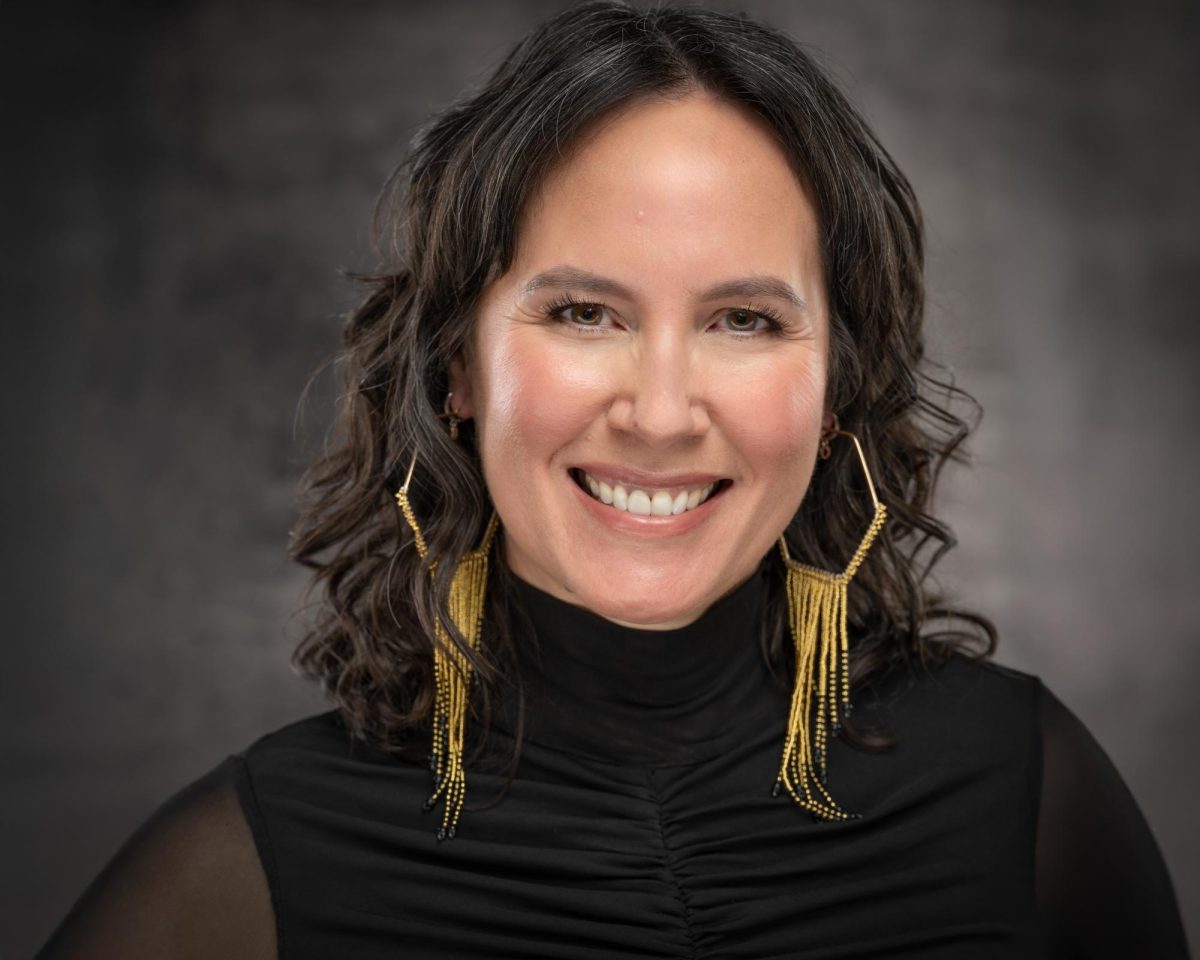Many people mistakenly think that the study of Hispanic linguistics is about learning a new language and nothing more; however, it goes much deeper than that.
At NC State, the Hispanic linguistics department enhances students’ understanding of language and encourages students to immerse themselves in Hispanic culture with it being an integral part of developing the skills necessary to communicate. Linguistics professors at NC State are dedicated to developing greater understanding about the many nuances of Hispanic language speaking and helping students succeed in the academic world.
Sara Zahler, an assistant professor of Hispanic linguistics in the department of world languages and cultures explained how understanding speech variation can be a difficult task for non-native speakers.
“Students have to learn how to vary the language like native speakers, and it’s really complex,” Zahler said. “I feel like textbooks often present that these are concrete grammar rules. So how do learners deal with all this variation and learning to vary like native speakers?”
Zahler explained how student participation in research can supplement lecture-based learning by providing opportunities for immersion and a new perspective.
“As you work on a research project, you learn all these transferable skills and you continue to develop all these verbal skills,” Zahler said. “You also have self-directed learning like time management, project organization and project management.”
Hispanic languages are spoken differently everywhere, so the department takes a holistic approach. They look at how these languages are used locally and around the world in order to study how culture differences impact verbiage, grammar and overall communication style.
Jim Michnowicz, a professor of Hispanic linguistics and the department head of world languages and cultures, focuses on studying Spanish in North Carolina. He explained how the benefits of participating in research extend to both students and professors.
“It’s a great resume builder for students as they can talk about being part of a research team. It’s also beneficial to us in that we have an extra set of eyes on things,” said Michnowicz. “We have people to help us out with projects and bring new perspectives to it as well.”
Zahler explained how students that involve themselves in Hispanic linguistics research also learn crucial skills for future professions.
“I’ve had students before who are now diplomats, or work in politics and embassies. World language classes can help them be really good global citizens,” Zahler said. “They develop a lot of skills that are really important for a wide variety of careers, and help them become well rounded individuals that are able to interact very well with people.”
This department has worked to help their students excel in Hispanic languages while continuing to dispel biases, integrate diverse perspectives and promote understanding of the cultural aspects of language.
The Hispanic linguistics department has made a huge impact on not just the NC State community but the study of Hispanic linguistics as a whole.
“NC State’s a real leader in this field. We were one of the first institutions to really take a look at Spanish in the southeast U.S.,” Michnowicz said. “We can watch this happening year by year and see how the language develops in a way that’s really hard to do in the rest of the country.”
To keep up with developments in research, learn about upcoming events or find out how to get involved, you can visit the Hispanic linguistics department website.







